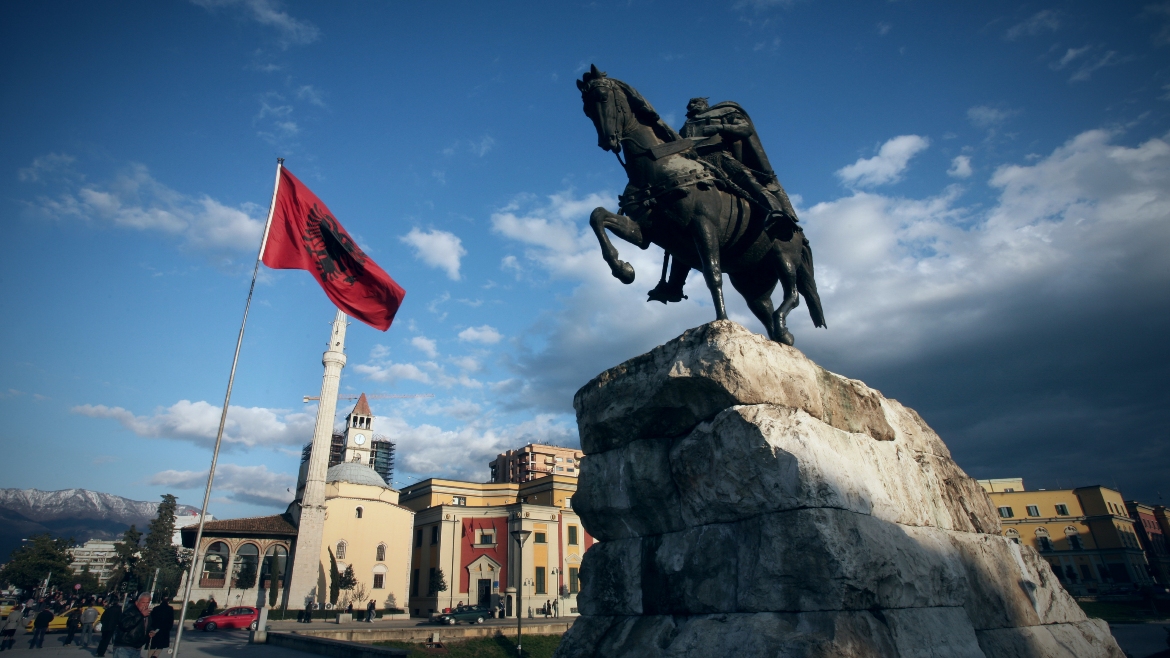In its third report on Albania’s implementation of the Convention on Action against Trafficking in Human Beings, the Council of Europe’s group of experts (GRETA) finds that some progress has been made, but cautions that more needs to be done to deal with this type of crime.
GRETA welcomes the fact that since its previous evaluation in 2016, the country’s legislation has been amended to strengthen the rights and position of victims. The National Action Plan for Combating Trafficking in Human Beings 2018-2020 contains activities intended to improve the identification, protection and reintegration of victims and is supported by a dedicated budget. Further, a Victim Advisory Board was set up by the Office of the National Anti-Trafficking Co-ordinator, involving survivors of human trafficking.
The evaluation report published today focuses on access to justice and effective remedies for human trafficking victims. While acknowledging that human trafficking victims are entitled to free legal aid regardless of their income, GRETA urges the Albanian authorities to ensure that they receive specialised legal assistance and legal aid at an early stage.
GRETA is concerned that there has been only one criminal court decision on compensation of a victim of trafficking, and there is still no functioning state compensation scheme available to victims of trafficking. GRETA urges the Albanian authorities to make efforts to facilitate and guarantee victims’ access to compensation, by ensuring that the collection of evidence about the harm the victim has suffered is part of the criminal investigations, and by making full use of the legislation on the freezing and forfeiture of assets.
The existence of specialised police unit investigating human trafficking cases is welcomed by GRETA, but concern is expressed at the low number of convictions. GRETA calls on the authorities to take additional measures to ensure that human trafficking cases are investigated proactively, making use of special investigation techniques and financial investigations in order to gather evidence. The authorities must provide training and encourage the specialisation of prosecutors and judges to deal with human trafficking cases, ensuring that they lead to effective, proportionate and dissuasive sanctions.
According to the report, it is necessary to improve the protection of victims and witnesses of human trafficking and their family members from potential retaliation and intimidation by traffickers.
GRETA welcomes the efforts made to improve the proactive identification of victims of trafficking through the setting up of mobile units in three regions of the country. However, GRETA urges the authorities to pay increased attention to detecting cases of trafficking for the purpose of labour exploitation, as well as to the identification of victims of trafficking amongst asylum seekers and migrants. The authorities must also provide adequate funding for the provision of assistance to victims of trafficking, including male victims.
Albania remains primarily a country of origin for victims of human trafficking, with women and girls trafficked abroad for the purpose of sexual exploitation being the vast majority of identified victims.
GRETA warns that traffickers increasingly use social networks to recruit victims through fake job offers.
Internal trafficking has also been on the rise, in particular of children, trafficked for the purpose of sexual exploitation and begging. The report notes Roma and Egyptian children are at a heightened risk of being trafficked.
Despite being a transit country for refugees and migrants, no human trafficking victims have been identified among asylum seekers, says GRETA.




